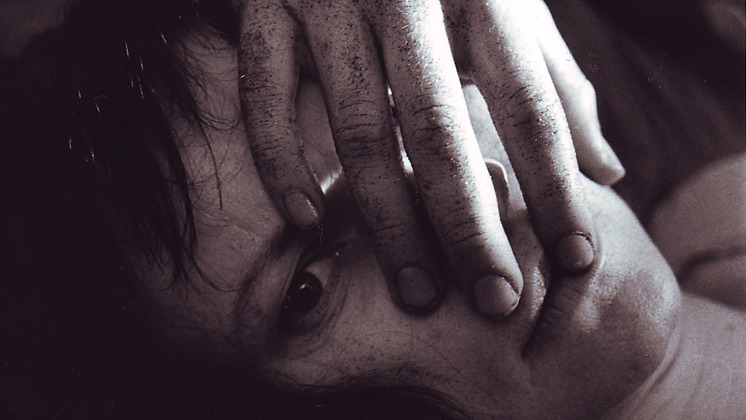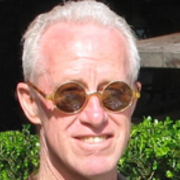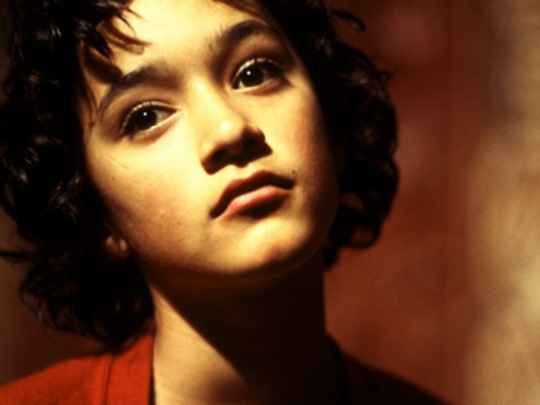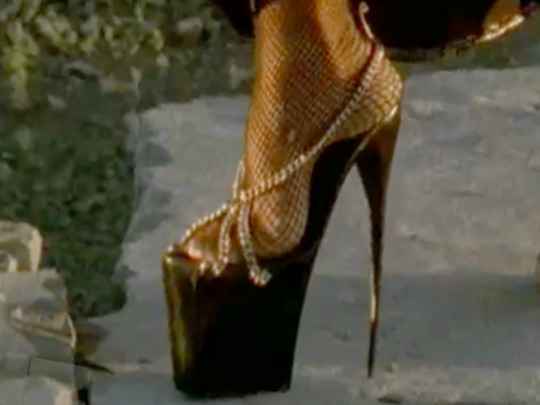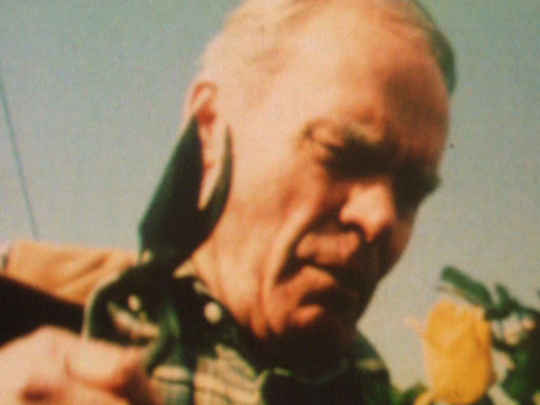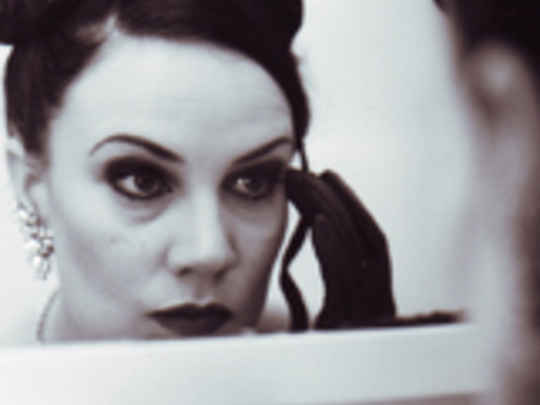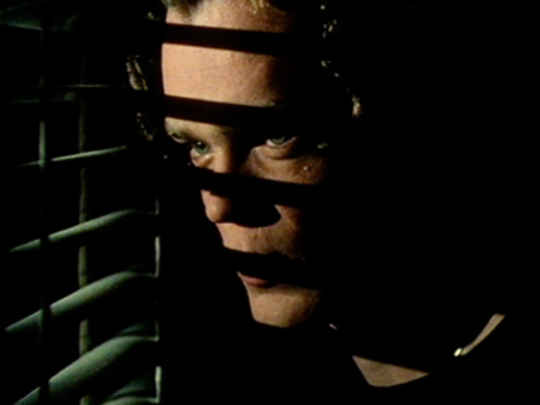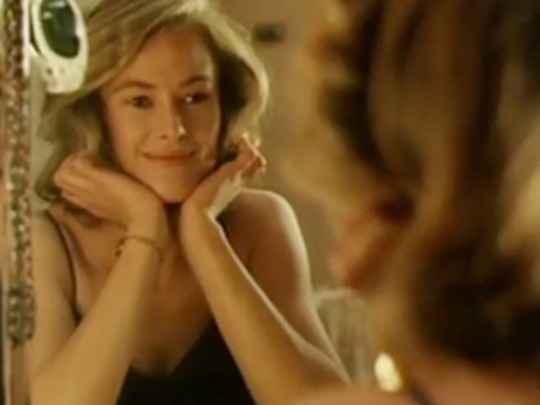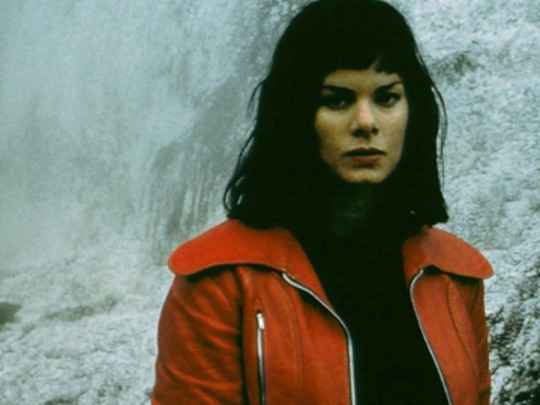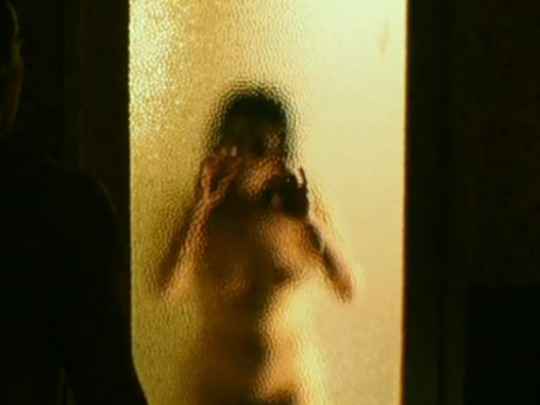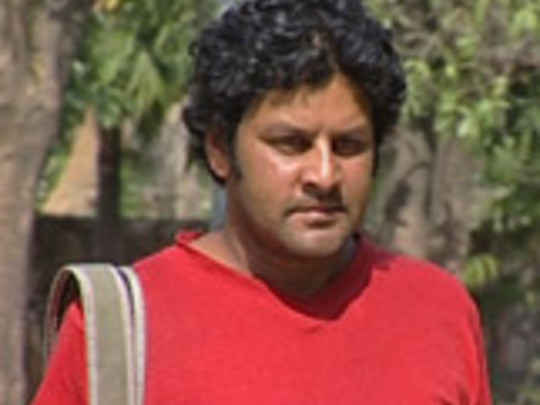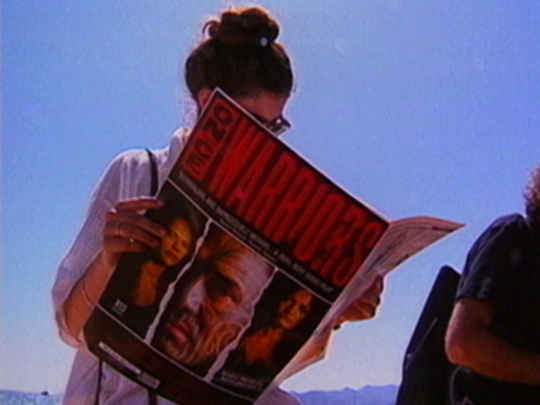Sure to Rise
Short Film (Full Length) – 1993
A Perspective
Sure to Rise surfed the first wave of local shorts to break on international festivals. Kitchen Sink (Alison McLean) established the beachhead - in competition at Cannes in 1989. Then, in 1993 and 1994, New Zealand surged with two shorts in each year. Though fancied for the shorts' 1994 Palme d'Or, Sure to Rise missed out to El Héroe, a tragically themed Mexican animation. Still, according to Duncan Petrie in Shot in New Zealand, it ‘helped pave the way for [director Niki] Caro's future success'.
Since 1986 the NZFC promoted short films as the vanguard of talent identification. Initially styled ‘bonsai epics' they were the calling cards of future feature filmmakers. Shot, then, on 35mm, with budgets up to $120,000, high production values ruled. Simon Raby's cinematography in Sure to Rise draws praise from Petrie. "The visuals exude an intensity that evokes April's psychological state": the film, he says "is the most visually striking" of Caro's four collaborations with Raby.
Contributing to this intensity is Caro's minimalist aesthetic. There is no dialogue until three minutes into the film, and heard only twice again. Narrative information is spare, establishing shots rare, and the acting subtle. A deceptively simple surface belies dramatic, emotional, and visual complexity. Her style, paradoxically, conveys a rich strain of sensuality albeit tempered with tension.
Caro's story reminded some of Alison McLean's. Her injured parachutist rescued by a lonely beachcomber, echoing the foetal man dragged up from the sink. Such erotic possibilities, though, between a woman and an unconscious man, are identified by writer Deborah Shepherd as a recurrent theme amongst kiwi women filmmakers. McLean, Campion, Caro, Parker, Preston, and Jeffs, amongst others, have created a "wild zone": "a no-man's land of women's culture that is unique to women and unknown to men."
Shepherd contended that this female point of view alienated some male viewers, but not Pierre Edelman. A French executive producer, linked with David Lynch and Almovodar, he visited New Zealand, in the summer of 1995, to seek out Caro (and others), curious about her feature ambitions.
Enlisting the support of Wendy Palmer, at Ciby Sales, their enthusiasm ensured that Caro's first feature (Memory and Desire, 1998) was funded within two years. With 50% funding coming from offshore, a first for a debut filmmaker, the Cannes connection proved invaluable. Caro too was in the ascent.
- Owen Hughes, producer of Sure to Rise, has nurtured the talents of many directors, including Niki Caro, in a producing career that encompasses dozens of commercials, dramas for TV and cinema, and over 40 documentaries.
Sources include
Duncan Petrie, Shot in New Zealand - The art and craft of the Kiwi cinematographer (Auckland:Random House, 2007)
Deborah Shepard, reframing Women - A history of New Zealand film (Auckland: HarperCollinsPublishers, 2000)
